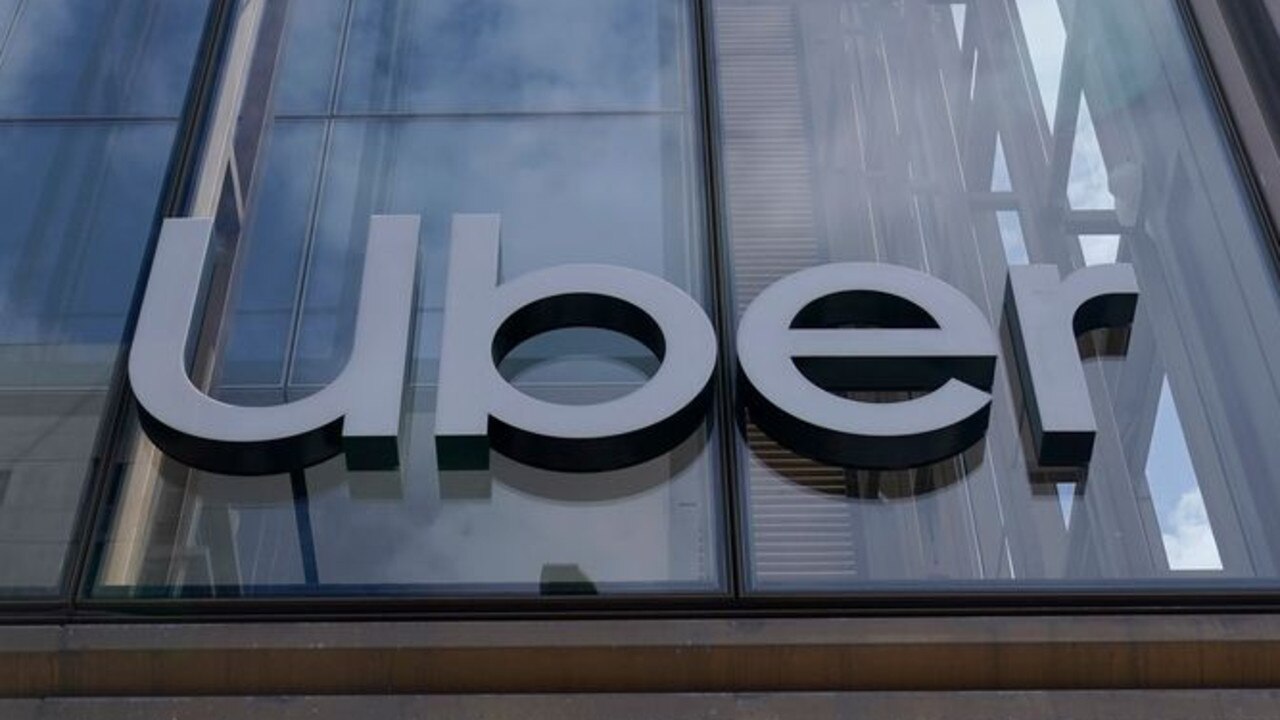‘Fed up’: Uber fined $412,500 for spam violation as ACMA cracks down on unwanted marketing
Uber is the latest major company to cough up big to government regulators over one move that infuriated millions of Aussies.
Uber is the latest to cough up big amid a government crackdown aimed at spam marketing, which has so far netted $11 million in fines against companies pestering customers.
This week, the rideshare and food delivery service paid a hefty $412,500 infringement notice for violating Australian spam laws.
The penalty comes in the wake of an Australian Communications and Media Authority (ACMA) investigation, which revealed that Uber Australia Pty Ltd had dispatched over two million marketing emails that flouted the rules.
Over 500,000 of these emails were sent to customers who had previously unsubscribed from receiving such communications.


The emails were all dispatched on a single day in January 2023 as part of an advertising campaign to promote an alcohol home delivery service. Ther are understood to have been sent because of a human error.
The ACMA investigation said the breaches occurred because Uber mislabeled the emails as non-commercial, which allowed them to evade the proper regulations.
An Uber spokesperson said: “Simply put, we made a mistake in sending out these marketing emails, and we worked collaboratively with ACMA to address and resolve it. We apologise to everyone who was impacted by this oversight. We take seriously our obligations under the Spam Act, and we have introduced additional measures to prevent this from happening again.”
ACMA Chair Nerida O’Loughlin expressed her dissatisfaction with Uber’s actions, particularly given the company’s high volume of marketing activities.
She emphasised Uber should have had more robust systems in place to consistently and accurately categorise consumer messages.
“Consumers are fed up with their wishes not being respected,” O’Loughlin remarked on Thursday morning.
“People rightly expect to have a choice over who contacts them for marketing purposes.”
Under the Spam Act, businesses are required to obtain consent before sending direct electronic marketing messages to consumers.
Additionally, they must offer recipients the option to unsubscribe within the contents of their messages.

Ms O’Loughlin warned the ACMA would closely monitor Uber’s compliance and take severe actions if they failed to comply in the future.
She advised businesses engaged in e-marketing to review their marketing practices to ensure legal compliance regularly.
Ms O’Loughlin expressed concern about direct marketing for potentially harmful products and services, such as gambling, alcohol, and ‘buy-now, pay-later’ schemes, that could negatively impact vulnerable individuals.
“This is a warning to all businesses conducting e-marketing that they should be actively and regularly reviewing their marketing to ensure it is compliant,” she said.
This enforcement action against Uber follows similar actions taken against other companies for violating spam laws, including Ticketek, DoorDash, and CommBank.
ACMA has focused on enforcing spam unsubscribe rules, resulting in over $11 million in penalties from businesses for spam and telemarketing breaches in the past 18 months.
Ticketek Pty Ltd, an Australian ticketing company, was fined $515,040 this month for violating the spam laws by sending approximately 98,000 unsolicited texts and emails in 2022.
An investigation by the ACMA revealed Ticketek sent around 41,000 marketing messages without consent and another 57,000 to recipients who had previously unsubscribed despite receiving a prior warning from the regulator in 2019.

In August, DoorDash, the food delivery platform, was fined $2,011,320 for sending more than one million texts and emails that violated spam rules.
ACMA found that DoorDash sent promotional emails to unsubscribed customers and texts without an unsubscribe option to potential drivers, leading to a significant penalty and a three-year compliance commitment.
The Commonwealth Bank of Australia was fined a record $3.55 million in June for sending over 65 million emails that violated the spam laws.
CBA was found to have sent marketing emails that required customers to log in to unsubscribe, and some emails lacked a functioning unsubscribe option, resulting in a substantial penalty and a three-year compliance commitment. It the most significant penalty for spam law breaches in ACMA’s history.






